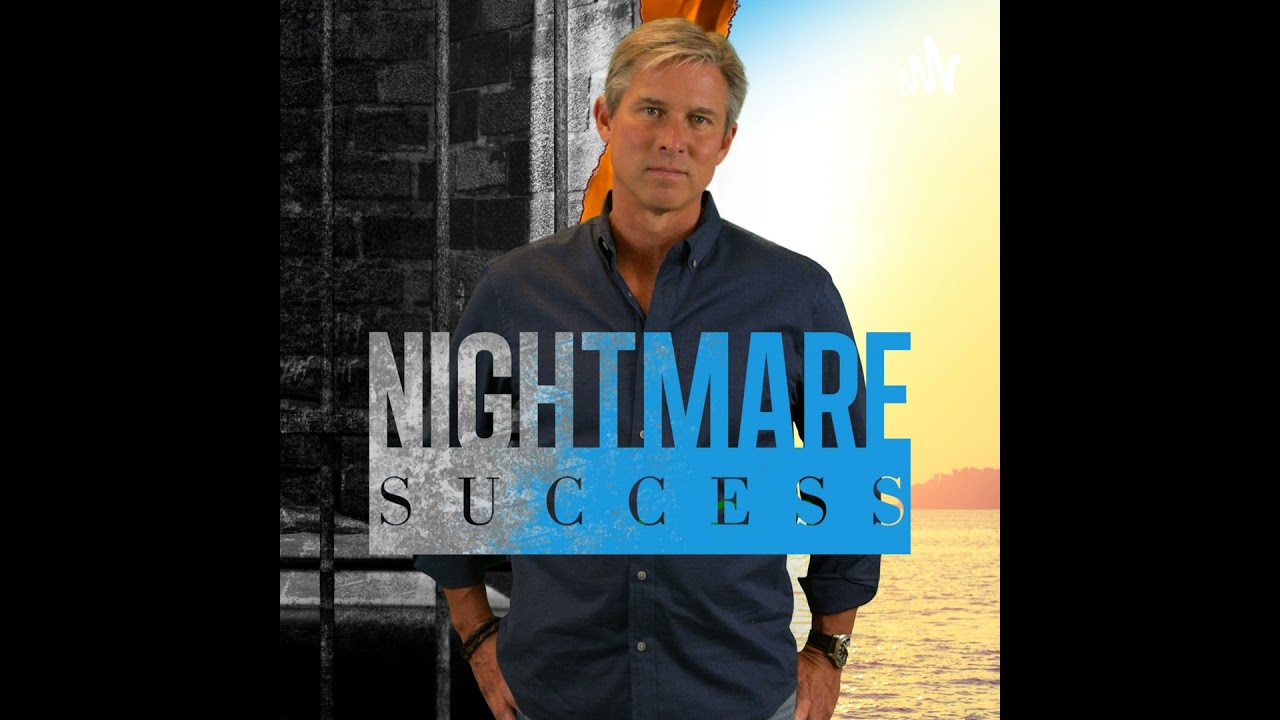The moment Harvey Galler stood on the banks of the Meramec River, he felt the weight of a childhood that had been marred by both environmental and emotional toxicity. Times Beach, once a vibrant community, had become a haunting reminder of how circumstances can twist lives. As he gazed at the muddy waters, he recalled the dioxin that had seeped into the ground and the resulting health issues that plagued him and his neighbors. It was a town that had been abandoned, not just by its residents, but also by the hope of a safe future.
This was the backdrop of Harvey’s early life, where he learned the harsh realities of both the physical and emotional landscapes he was navigating. Harvey’s family structure was complicated from the start. His mother was a steadfast presence, while his father was incarcerated for armed robbery, leaving a void that shaped Harvey’s childhood. Growing up with a father in prison was not just a familial issue; it was a societal one that carried a stigma.
He often felt different from his peers, holding onto the secret of his father’s situation like a weight on his shoulders. The emotional trauma from parental fights and the absence of a father figure left scars that would take years to understand. But it was during this time of confusion that a pivotal moment occurred.
After Times Beach was flooded and deemed unsafe, Harvey’s family relocated to Reston, Virginia. This move was not just a change of scenery; it forced him to confront the reality of his father’s imprisonment. In Reston, he began to realize that incarceration does not only affect the individual behind bars. The entire family experiences a form of imprisonment, bound by shame and silence.
This understanding became a turning point in Harvey’s life, igniting a passion for advocacy that would eventually drive his work. As the years passed, Harvey channeled his experiences into something meaningful. He became involved in community work aimed at helping others reintegrate after prison. He recognized that many families, like his own, struggle with the challenges of having a loved one incarcerated.
This experience deepened his empathy and commitment to those affected by similar situations. He started conducting workshops and working on a docu series focused on the importance of including families in conversations about incarceration. Harvey’s mission is clear: advocacy should not just focus on the individual; it should encompass the entire family unit. Reflecting on his own childhood, Harvey spoke candidly about the health issues he faced, including thyroid problems that he suspects were linked to the chemicals sprayed in Times Beach.
The toxic environment not only impacted his physical health but also shaped his emotional landscape. He often felt isolated, longing for a sense of normalcy that seemed just out of reach. This sense of being different from his peers became a catalyst for his desire to create change. In our conversation, Harvey shared a poignant realization: “When someone goes to prison, the family also experiences a form of imprisonment.” This insight resonates deeply, highlighting the often overlooked emotional toll that incarceration takes on families.
His journey from confusion and trauma to empowerment through community involvement illustrates the importance of sharing experiences. It is through these stories that we can foster understanding and build support systems for those who need it most. Today, as he continues his advocacy work, Harvey remains committed to raising awareness about the challenges faced by families impacted by incarceration. His experiences have shaped his understanding of purpose and meaning, driving him to create a world where those affected by incarceration are not forgotten but included in the conversation.
By sharing his journey, Harvey hopes to inspire others to recognize the unseen struggles that many families endure and to advocate for systemic changes that address these realities. As we concluded our conversation, I was left with a profound sense of the interconnectedness of our experiences. Harvey’s story serves as a reminder that every individual’s journey is shaped by the circumstances they face, and the power of community can transform even the most difficult situations into opportunities for growth and healing. In sharing these experiences, we can begin to dismantle the stigma surrounding incarceration and create a more inclusive society for everyone.

